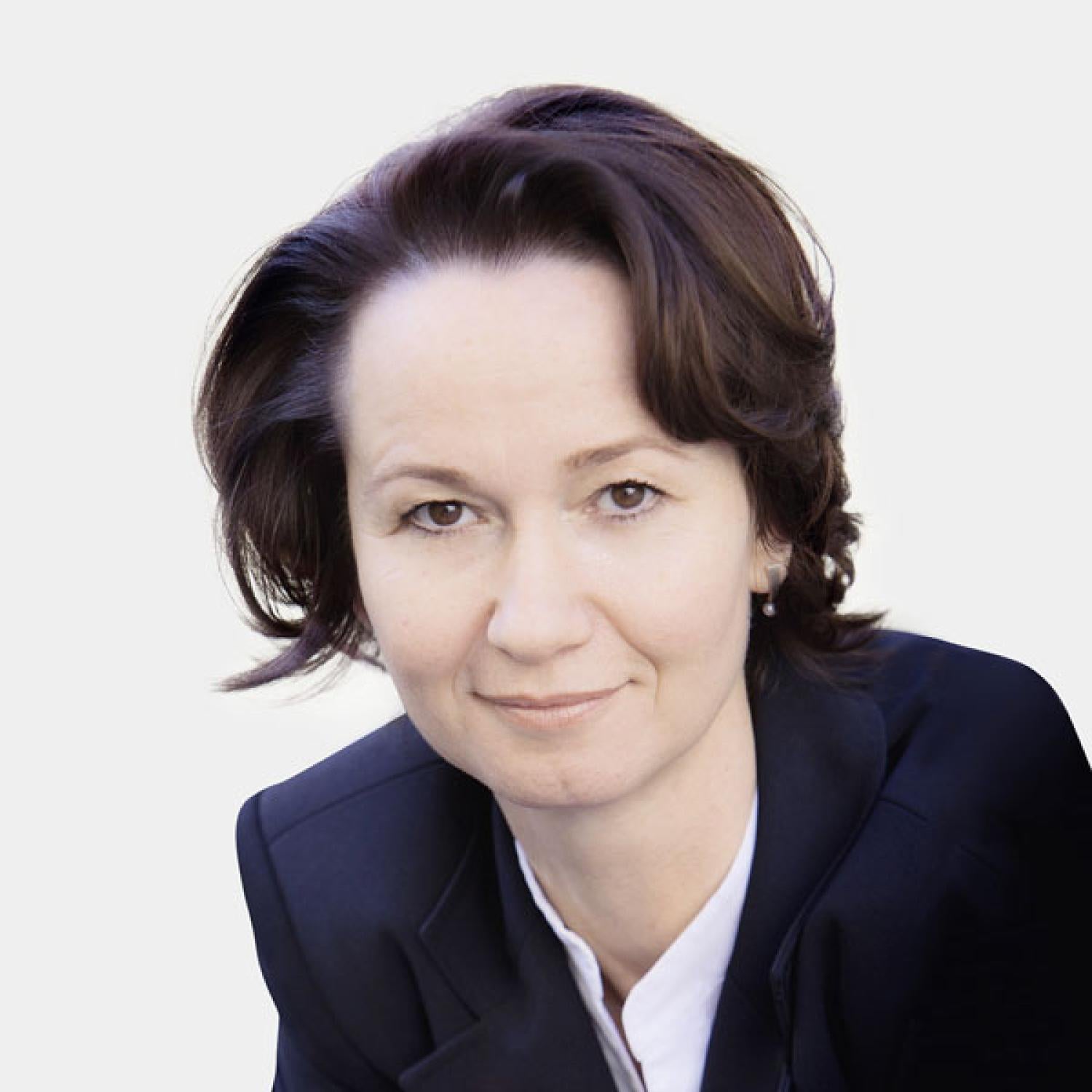Stefanie Lindstaedt (MCompSci'93, PhD'98)

Why did you choose to study computer science?
I started programming during high school and was fascinated by the diversity and opportunities in this field.
Who or what had a strong effect on your interest or trajectory in computer science?
The first high school I went to was all on Latin, Greek, etc. I soon realized that this was the wrong environment for me, since I loved maths, physics, chemistry etc. When I was about 15 years old, a new type of school was introduced on my hometown: students could learn how to program and at the same time do their high school diploma. It is thanks to my parents that I dared to change schools! I am eternally grateful to them for this support.
What life lessons did you learn during your time at CU?
To be open to how other cultures do things differently – and sometimes even better than the way you are used to. In the end it is up to yourself to choose which parts of a “new” culture you want to incorporate in your life and which parts of your “old” culture you want to unlearn.
Tell us about your career path.
After attending the technical high school mentioned above, I went on to study computer science at Technical University Darmstadt (Germany). After finishing an equivalent to a BS degree in CS, I was awarded a scholarship from DAAD (German Academic Exchange Program) for one year of study at CU Boulder. After about six months at CU, it became clear to me that I wanted to stay on for a PhD. I first finished my MS with Mike Mozer and then went on to the PhD program with Gerhard Fischer. It was wonderful to work with such excellent academics and their groups, and I am very grateful to Prof. Fischer to take me on as a research assistant during this time. I would not have been able to afford the out of state tuition otherwise. It was a wonderful time!
After finishing my PhD I wanted to return to Germany and started work at the research branch of Daimler. After 2.5 years I returned to Boulder since my then-boyfriend, now husband, was still completing his PhD there. I worked for about one year at GlobalSight, a small IT startup until the IT bubble burst. We then moved to Austria where I became head of department at Know-Center (Austria’s Research Center for Data-driven Business and Big Data Analytics) and was later promoted to full professor at University of Technology at Graz. Now I am CEO of the Know-Center and Head of the Institute for Interactive Systems and Data Science at TU Graz.
What moments in your career have been most exciting or defining?
The time of my PhD studies was exhilarating. Coming from a Germany to a U.S. university changed my outlook on academic life completely and gave me lots of opportunities. Coming back to Europe was not easy in the beginning, but TU Graz and Know-Center gave me lots of opportunities to grow. Taking on leadership responsibilities enabled me to turn my ideas into reality (on a small scale).
What moments in your personal life have been most exciting or defining?
Of course the social aspects of being in Boulder were exciting. I learned how to ski and Latin dancing and so many other things. Life as a grad student is something you definitely do not want to miss out on. But most importantly, I met my husband Roderick there! His support and love have enabled me to tackle all the other things in life. However, becoming a mom beats everything else. I am now the very proud mom of two beautiful and incredibly intelligent girls, who give additional meaning to everything I do.
What is your biggest career or life lesson to date?
Hard work pays off. Grab opportunities when they come along (even if you are unsure at the time if you will succeed).
What is your current professional role? What is your favorite part of that role?
I am professor at TU Graz and CEO of Know-Center. In both roles I work to generate an environment/ecosystem for researchers and students in which they like to work and can turn their research ideas into reality.
Are there any “words to live by,” credo, or top values that you follow?
Prof. Fischer has always talked about being aware of the “symmetry of ignorance” that makes it difficult for people from different disciplines to work together on a common goal. I have learned that this extends far beyond work situations.
What advice would you give to current or future computer science students?
This field offers so many exciting opportunities. It will be difficult to choose one over the other. So during your studies, try to look beyond your current focus and try out other classes. It will enrich you personally.
What do you expect or hope to see in the next 50 years of computer science?
That we use CS to help us create a safer, greener, more healthy, more fair world for our kids to live in.


